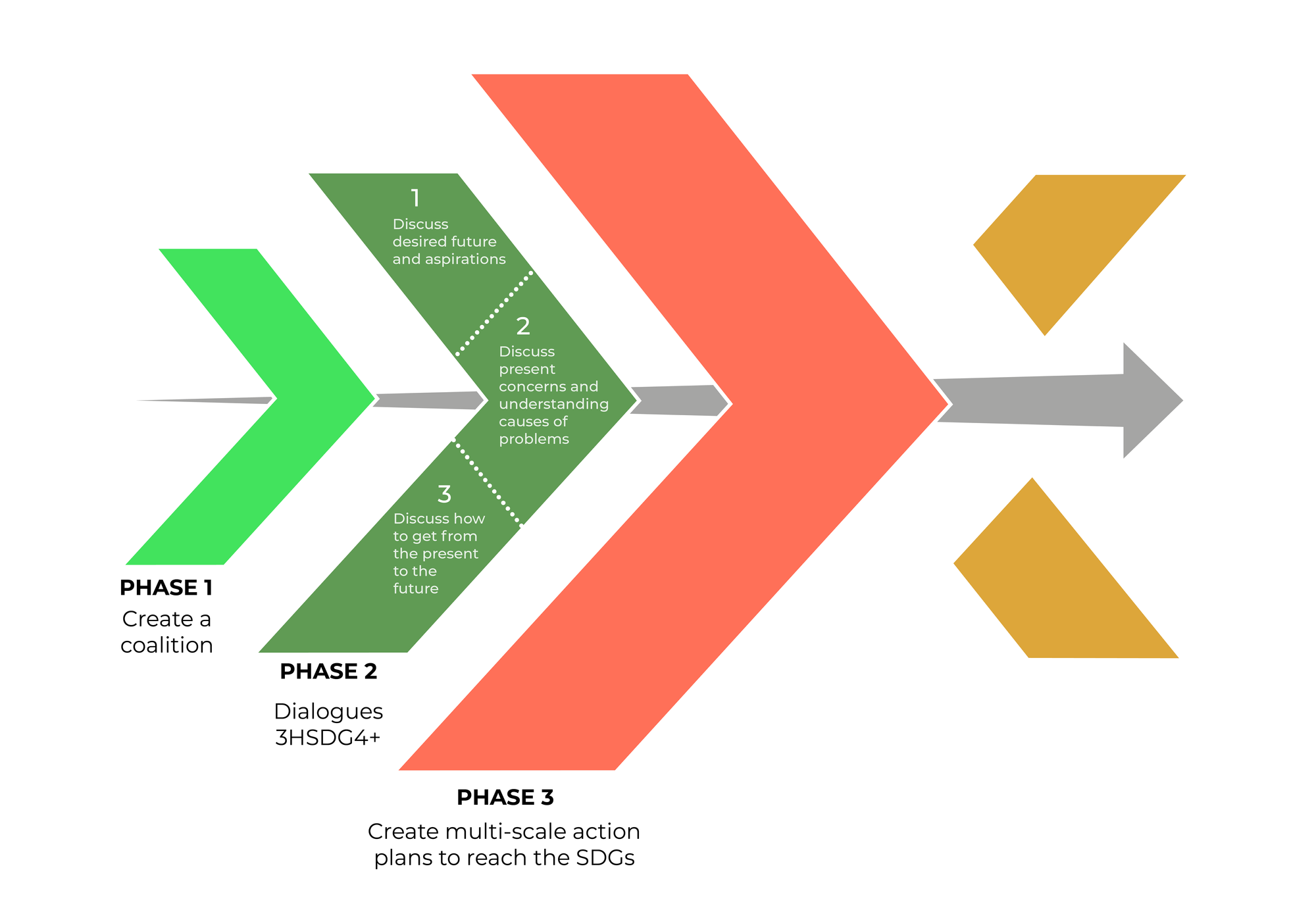XPaths, which is short for Science in action: Intersecting pathways to the SDGs across scales in the drylands, is a collaborative research project that explores how to create an inclusive pathway that will lead to achieving the Sustainable Development Goals (SDGs).
More specifically, XPaths aims to better understand the barriers and leverage points that will either push us further away or closer to reaching SDGs. XPaths takes a broad perspective - bridging local to global scales, contrasting narratives about desired futures.
Working in the context of drylands, which cover 41% of the Earth’s surface, XPaths will use a science-action research process. XPaths will look at semi-arid regions in Brazil, Senegal, and Spain as case studies, which all have different levels of income, institutional and historical contexts.
Drylands are susceptible to land degradation and droughts, which are exacerbated by climate change, and have severe impacts on food security, livelihoods, human wellbeing, and also peace and security. Through better understanding how to work towards the SDGs from the Brazil, Senegal, and Spain case studies, XPaths hopes to be able to apply findings to other dryland regions.
XPaths researches will combine cutting-edge qualitative and quantitative modeling approaches to represent pathways to the SDGs.

XPaths science-action research process includes researchers helping to build coalitions with local and regional actors, which are meant to be catalysts for change. Once coalitions are built, dialogues are meant to provide perspective about how the SDGs could or should be realized in their respective country. Once the dialogues have concluded, coalition members will collaboratively create action plans that target policies that will help realize the SDGs within their specific context.
In addition to better understanding how to achieve the SDGs in the context of drylands, XPaths will also consider how local actions can have faraway impacts, and vice versa. Particularly, XPaths will investigate how the Brazil, Senegal, and Spain case studies are connected to each other, and how these case studies link to the EU and Sweden.
Finally, XPaths will aim to make sense of commonalities and differences across the case studies, recurrent cause and effects, and barriers and leverage points that could transform the dryland regions. This will allow XPaths to understand what aspects of each case study are context-specific, and what aspects can be applied to other dryland regions.
XPaths support and collaboration
XPaths is funded by Formas, the Swedish Research Council for Sustainable Development, and will be distributed between partners in Brazil, Senegal, Sweden, Brussels, and Spain. The project will run from 2021-2023.
XPaths is hosted at the Stockholm Resilience Centre, Stockholm University.
XPaths is being conducted in partnership with:
Chalmers University
SDSN Northern Europe
Centre National de la recherche scientifique
Universidad de Almería
Université Libre de Bruxelles